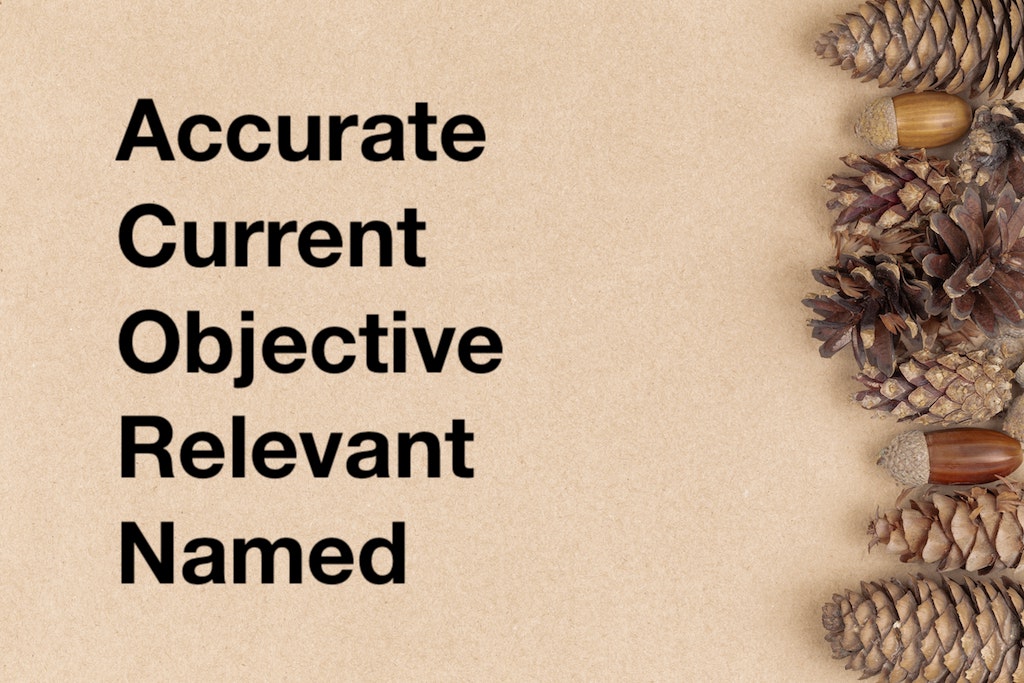Evaluating information
Once you have found some information on your topic you need to establish how reliable it is. This page offers tips on how to evaluate the quality of academic and non-academic sources.
Why evaluate your search results?
There are two main reasons:
- Critical analysis - careful evaluation helps you get into the habit of critiquing scholarly literature, which can lead you to produce better work and consequently raise your marks.
- Quality control - anyone can publish on the web, so there is little quality control over online information, which is sometimes inaccurate or out of date.
5 questions to ask when evaluating
1. Who is the author?
Is the author:
- a scholar with a record of publications in peer-reviewed journals?
- attached to a university or research body?
- quoted favourably by other academics?
Or:
- an amateur with an agenda?
Use Google or a bibliographic database to discover more about the author.
2. Who is the publisher?
If your search results contain traditional materials such as books and journal articles, are these:
- published by an objective and rigorous press?
- in a credible journal or periodical?
Or are they:
- published by a press with an ideological angle?
- self-published?
If your search results contain web-based information, are the sites hosting it:
- research institutes or universities? (.org or .ac.uk or .edu)
- government bodies? (.gov)
- non-profit organisations? (.org)
- commercial companies? (.com or .co.uk)
Each of these will have different reasons for publishing. For instance, a university site is likely to be more scholarly and less biased than a commercial site.
If a host site is not academic in orientation:
- see if it gives any information about the organisation's history, affiliations or view-points
- try to find out whether anyone is sponsoring the site
- check which country the site is based in - information on China, for example, will have a completely different slant if put up in China or the United States.
3. Who is the intended audience?
Is the information aimed at:
- students?
- potential customers?
- policy-makers?
- academics with very specialised interests?
4. What is the information's currency?
Try to find out whether:
- there are dates for the day, month and/or year of publication
- the literature has undergone any revisions in a new edition.
If your results contain web-based information, try to establish if:
- the host site has been updated recently
- there are broken links on the host site, as this can indicate age.
Remember that sometimes the issue of currency is less relevant - for instance, when trying to find information from a particular historical period. For some topics, however, you will need the latest research or news.
5. What is the content?
Lastly, you can skim-read the literature itself to ascertain the quality of the content.
- Does it makes sense, or are there obvious errors and inconsistencies?
- Does the information have an obviously controversial line of argument, potentially indicating a lack of objectivity?
- Is it disparaging or even defamatory of a person, organisation, religion or political party?
- Is evidence cited - i.e., are there other sources of information on the topic, to back up the facts?
Reviewing your search
Examine your search results carefully to see if they are what you were hoping for.
If you are not happy with the results, don’t give up! A successful search will often take several tries. You can usually refine your searches by adding new terms once you have seen your initial results, or you may choose to limit your results if you feel you have retrieved too many.
Always remember to look at the "Help" or "Search tips" pages offered by the particular database or search engine you are currently using.
 Evaluating information
Evaluating information
Learn how to evaluate both academic and non-academic sources of information with this tutorial.
 Further help
Further help
Use Cite Them Right's ACORN method to help you better evaluate sources of information.
.png) Study Skills service
Study Skills service
For help with incorporating critical analysis into your academic writing, visit the Study Skills page.
 Subject Librarians
Subject Librarians
For further help with evaluating sources please contact your subject librarian, who you can find listed by subject here.